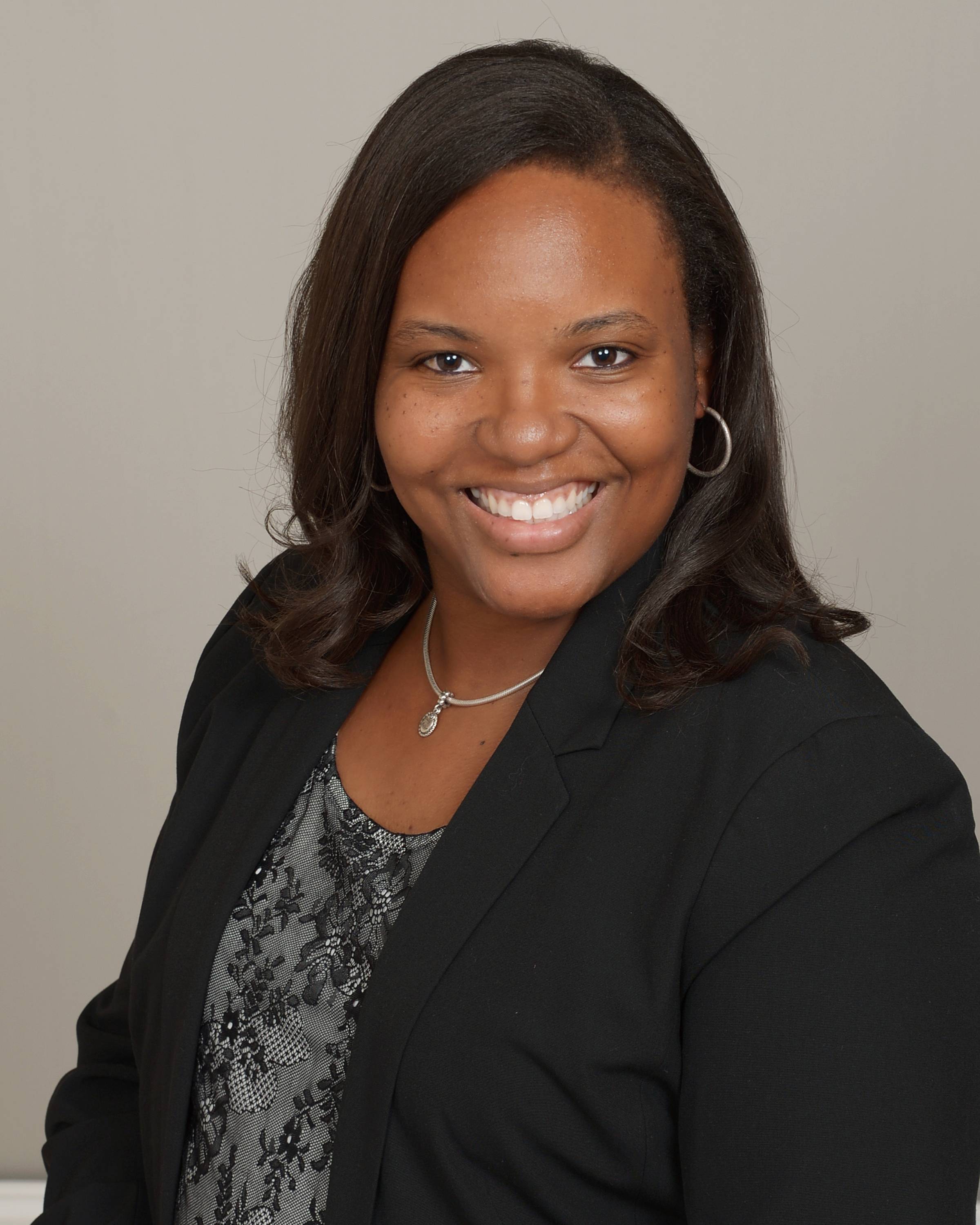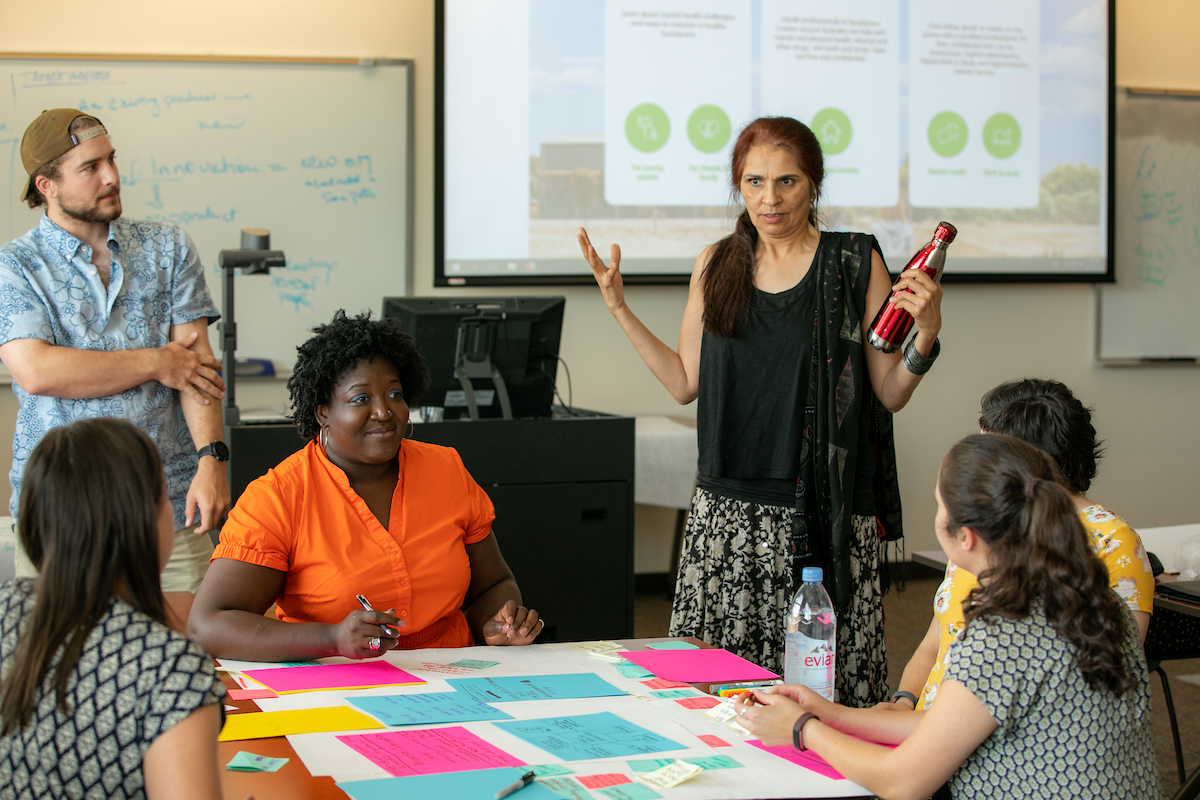Graduate Student Professional Development
“[W]hen it comes to teaching, most of us are still learning.”
– Lovett, et al. 2023
CETL’s Graduate Student Professional Development (GSPD) program offers teaching and learning support for graduate students and postdoctoral scholars who are currently teaching or interested in teaching in the future. Participants in this program often aver that teaching and learning principles apply not only to the classroom, but to industry and other professional contexts as well.
One key feature of the program leads to documented recognition of learning about scholarly teaching. We offer a non-credit, online, asynchronous, self-paced course, “Introduction to Scholarly Teaching.” It is open to all graduate students or postdoctoral scholars. This scholarly teaching opportunity introduces participants to evidence-based teaching and learning practices fundamental to undergraduate student success. Students who complete the "Blended" or "Asynchronous" option will be awarded a Level 1 micro-credential badge.
GSPD also offers an annual fall Graduate Student Teaching Orientation, individual consultations, classroom observations, and workshops and webinars in support of graduate student teaching. Participants will earn a micro-credential souvenir badge upon completion of the Graduate Student Teaching Orientation.
Further, we collaborate with graduate program directors to customize teaching and learning support for your programs. Please contact mgrayer@kennesaw.edu for additional information.
CETL's Graduate Student Professional Development Program Goals:
- To provide professional development, events, resources, and services grounded in learning sciences that support graduate student teaching
- To promote active-learning strategies that engage all students
- To create opportunities for collaboration among graduate student teachers
- To encourage professional and self-growth through educational research, reflection, and community building
See the menu below for a comprehensive list of CETL's graduate student professional development courses, events, resources, microcredentials, and programs.
-
Graduate Student Teaching Orientation
This orientation is a full day teaching orientation held every fall semester.
An annual fall event, this orientation is designed for graduate students who are Graduate Student Teaching Assistants or those who are applying for a teaching assistantship. This orientation is also relevant to graduate students who simply want to learn more about teaching and learning principles that apply to academic and other professional settings. KSU graduate students will be introduced to evidence-based teaching and learning principles and practices, university policies, and teaching expectations. Participants will earn a micro-credential souvenir badge upon completion of the Graduate Student Teaching Orientation.
-
CETL EventsCETL offers multiple types of events that include information and interactive workshops, webinars, book chats, and more. Graduate students who are currently teaching or who are interested in teaching are welcome to attend.
-
Teaching and Learning Services
We offer confidential consultations, observations, review of teaching materials, student focus groups, and custom services.
In consultation, we are available to discuss classroom teaching pedagogies and practices. We also provide feedback for your teaching materials. We are available to observe your classroom and offer feedback. Further, we can help you construct mid-semester evaluations targeting specific issues, interpret the data (midterm and official end-of-semester), and identify solutions. We also facilitate student focus groups to collect anonymous student feedback and report it back to you. To schedule any of these services, please contact Misty Grayer at mgrayer@kennesaw.edu or 470-578-6410.
-
GSPD Teaching and Learning Resources
-
Blogs and Articles
Southern Association of Colleges and Schools Commission on Colleges (SACS/COC) Credential guidelines:
Standard 6.2.a.f. -- Graduate teaching assistants: master’s in the teaching discipline or 18 graduate semester hours in the teaching discipline, direct supervision by a faculty member experienced in the teaching discipline, regular in-service training, and planned and periodic evaluation.



















